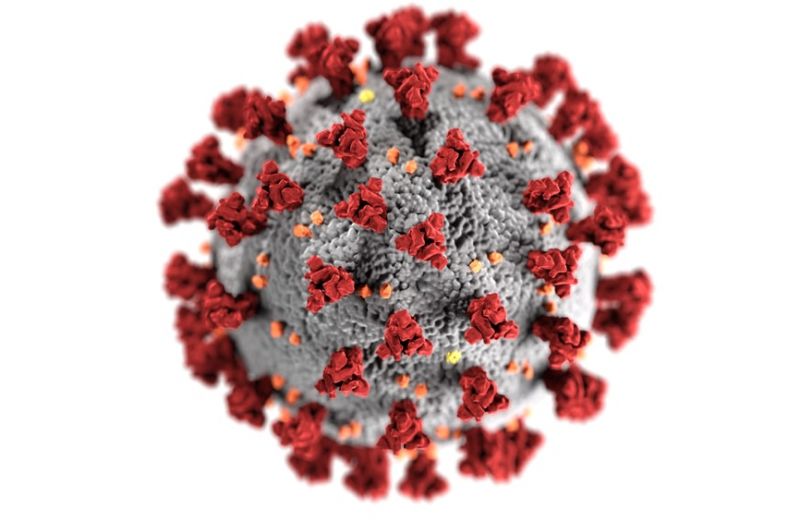 All Publications
/ Strengthening Israel's Foreign Policy
All Publications
/ Strengthening Israel's Foreign Policy
As in other countries, COVID-19 has exposed the weaknesses particular to Israel society and governance. These shortcomings are not revelatory. Instead, the coronavirus’ spread shines a spotlight on familiar, systemic issues consistently neglected over the decades.
Israel’s health care system was unprepared to handle COVID-19. Although as of this article’s submission there is a comparatively low death toll – 56 individuals (as for April 6), the majority of whom were senior citizens – the main concern is that Israel’s medical institutions will soon be overrun by coronavirus patients which will indirectly affect the mortality rates of non-coronavirus patients. Israel only possesses some 4,000 ventilators – a critical tool to aid those suffering from the worst conditions. Each day, more health care employees are being sidelined from their tasks due to possible exposure to the virus. Inventive solutions like converting vacant hotels into housing units for patients with mild symptoms may not be enough if government measures cannot flatten the curve.
Mass coronavirus testing – one of the most successful policies adopted by countries like South Korea and Taiwan – has yet to take off efficiently in Israel. Many patients who have been tested received incorrect results, further delaying the health system’s ability to provide a vital service in a timely fashion. An absence of essential chemicals has slowed the existing testing process.
But befitting its moniker as the “startup nation”, Israel has tried to employ technology in order to curtail COVID-19. One initiative is the Health Ministry’s app that permits citizens who download it to see whether their movement has overlapped with anyone with a confirmed infection. The government has also granted the Shin Bet – Israel’s internal security agency – permission to track the movements of coronavirus patients through use of their phones and credit card data. This controversial decision reportedly identified at least 500 individuals carrying the disease.
Not surprisingly, these efforts have proven both imperfect against the coronavirus. Israel’s national expenditure on healthcare is lower than the OECD average and a 2019 Taub Center report deemed the country’s acute care system insufficient for public demand. Ad hoc solutions rarely solve chronic problems. An increasing number of public figures are asking whether the Health Ministry should be the primary actor in this saga or whether the Defense Ministry should assume the lead.
Enforcing a rigid policy of social distancing and lockdown has also proven challenging. Since March 12, Israeli schoolchildren have been homebound but the Education Ministry has been inconsistent with its execution of nationwide distance learning. Air traffic has all but ceased and public transportation has been significantly reduced, but that hasn’t stopped many from seeing Prime Minister Benjamin Netanyahu’s almost nightly addresses as merely a polite suggestion. Israel’s police – and, more worryingly, its military – now patrol public spaces (including beaches), fining and arresting those violating the government’s directives.
Since day one, communicating a single, clear message to Israel’s diverse population has been a serious challenge for the Israeli government. No case exemplifies this better than the ultra-Orthodox community. Ultra-Orthodox Jews (around 12% of the general population) observe a rigid set of customs that centers around mass religious education and communal participation in lifecycle events. They often live in distinct neighborhoods and cities, separate from mainstream Israeli society. Whether portions of the ultra-Orthodox community did not receive or were willfully ignorant to the Health Ministry’s directives remains unclear, however images capturing Haredim disregarding government policy seriously damaged the already frayed bonds between this community and mainstream Israeli society. Health Minister Yaakov Litzman, who represents one of the Haredi parties in the Knesset, also violated these public safety restrictions and contracted the coronavirus. Senior government officials, including Netanyahu, are now under quarantine. Haredi leaders are now instructing their devotees not to gather in large numbers, but it has taken longer for these communities to adapt and, unsurprisingly, about half of hospitalized Israelis with COVID-19 are ultra-orthodox. Major Haredi population centers are now under lockdown, cut off from the rest of Israel.
These manifold pressures, in addition to a ballooning unemployment numbers, have manufactured perhaps one, shallow ray of light: the end of Israel’s political deadlock. Publicly, Blue & White leader Benny Gantz claimed that the coronavirus threatened Israel’s future and required that he “put politics aside” after three grueling election cycles. But many see Gantz’s decision as capitulation. And it is difficult to overlook how Netanyahu and Knesset Speaker Yuli Edelstein strained an already tense political atmosphere to its breaking point by utilizing the coronavirus as legitimate cause for shutting down the legislature and refusing to follow a Supreme Court order to reopen parliament. The cost of establishing a unity government with Netanyahu is high; Gantz’s decision left Israel’s opposition movement in tatters. Firmly back in the driver’s seat, Netanyahu can refocus his attention on his legal battles – and of course coronavirus as well.
As the Passover holiday approaches, most Israelis are trying to look past the egg shortages and the looming economic fallout in order to count their blessings. There is good reason to believe that the national mortality rate will remain low. But similar to many other states affected by the coronavirus, the pandemic’s damage to public trust may require years of rehabilitation.


